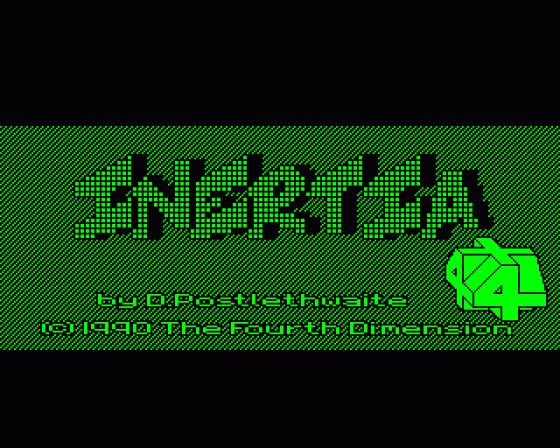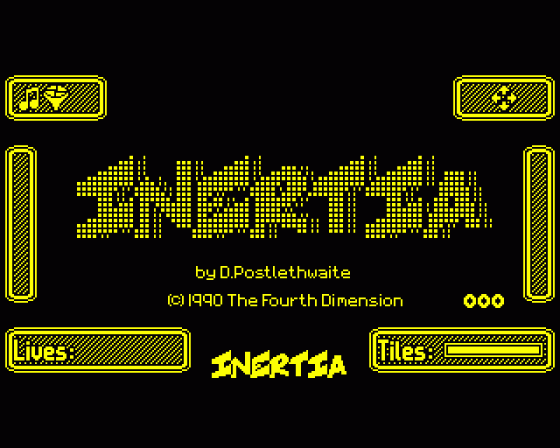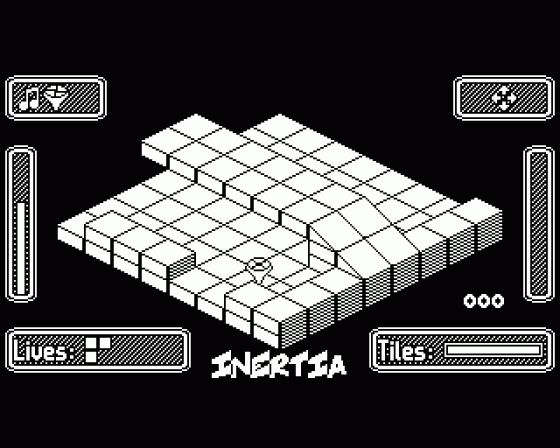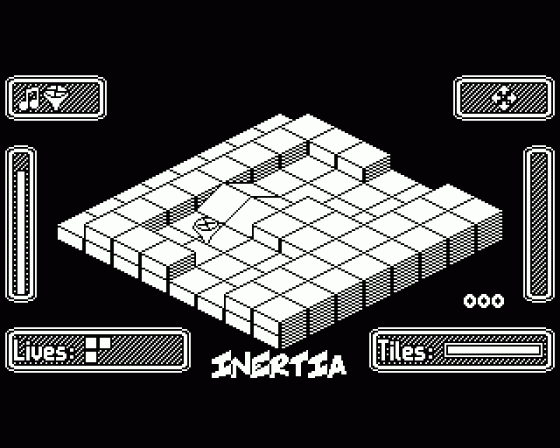Other Reviews Of Inertia For The BBC/Electron
Inertia (The 4th Dimension)
A review by Rog Frost (Electron User)
Inertia (The 4th Dimension)
A review by Paul James (Acorn User)
Inertia (The 4th Dimension)
In a spin
Games Review
A review by Peter Rochford (Beebug)


 26th August 2018
26th August 2018


















